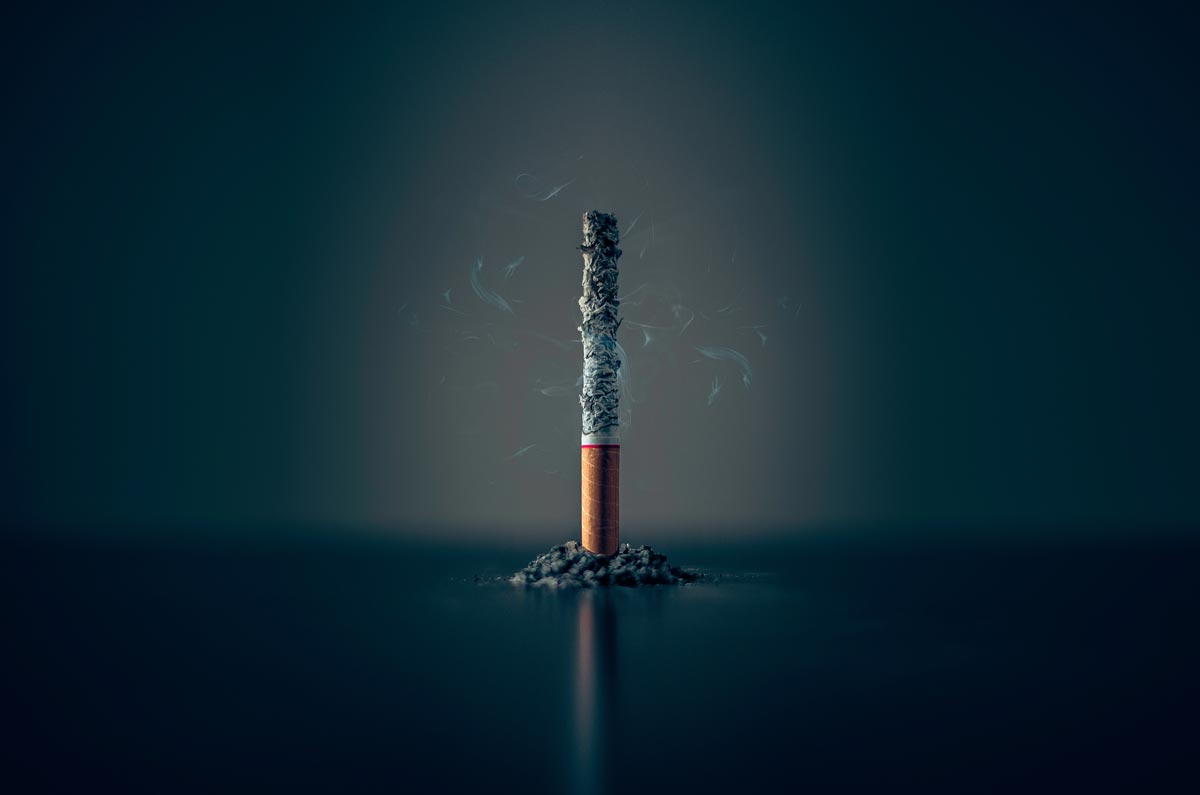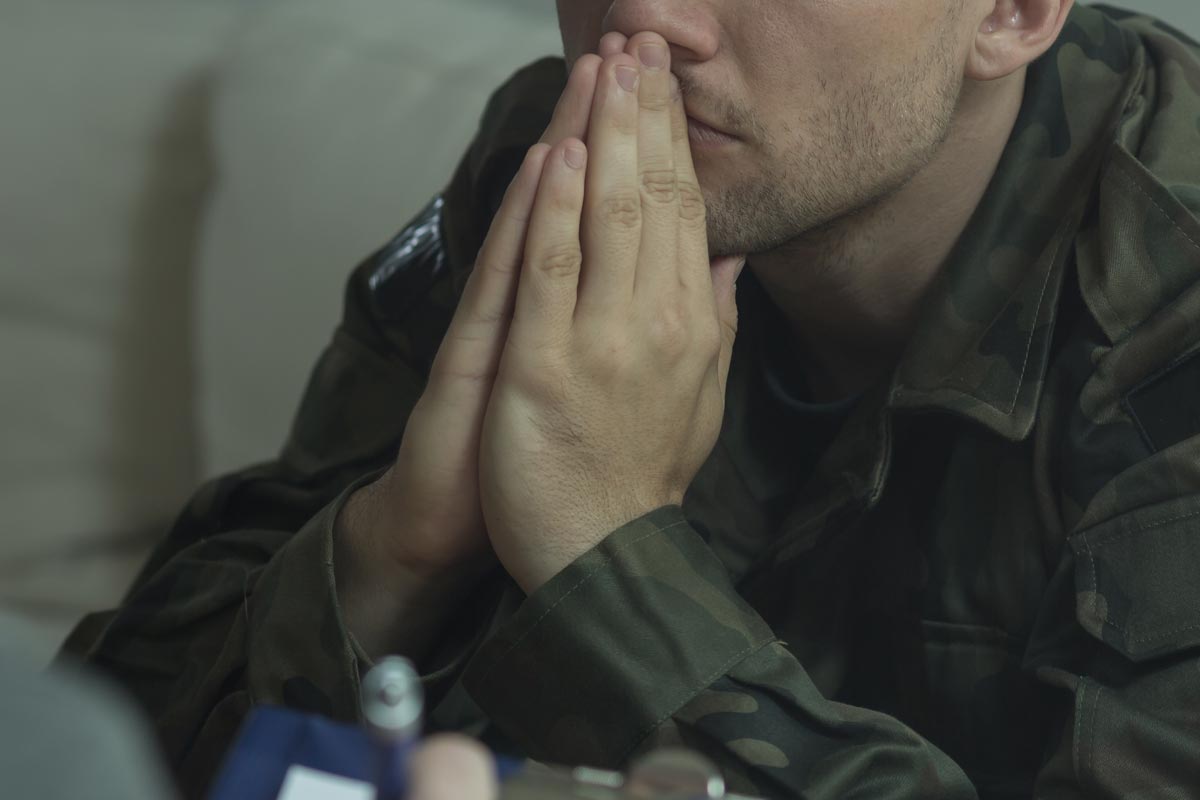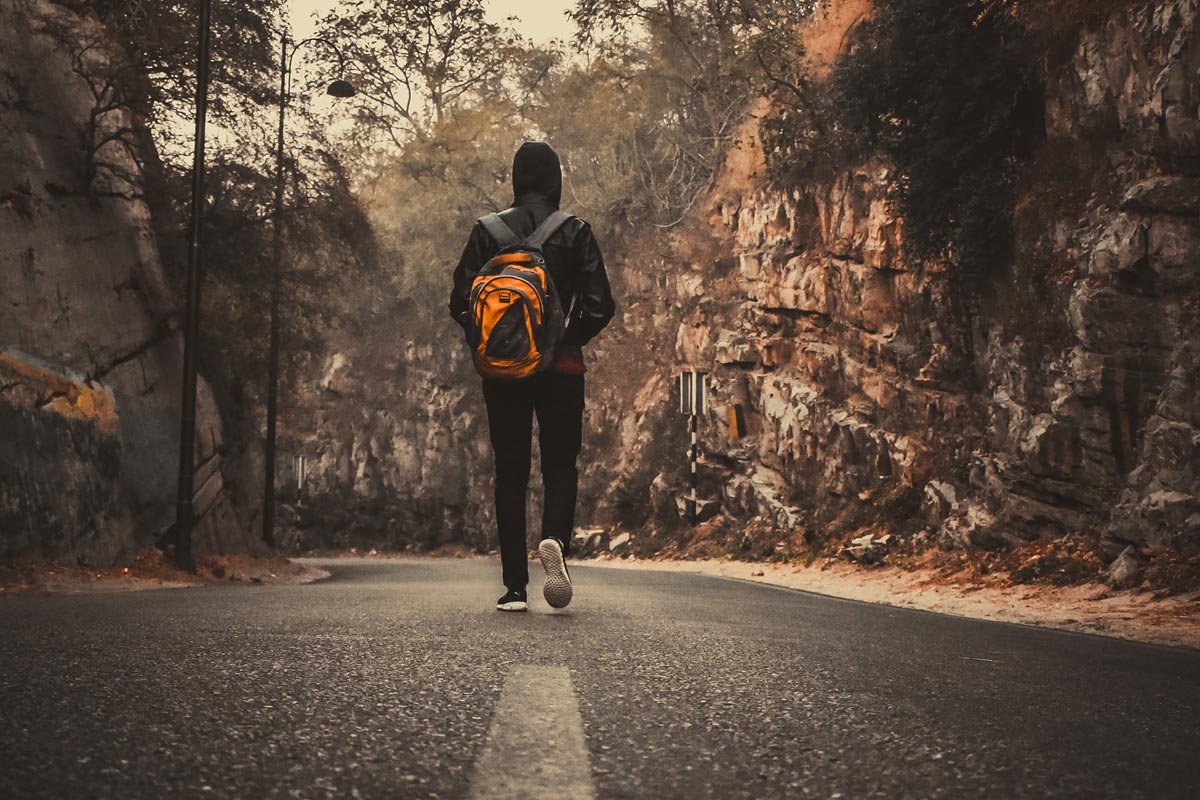In the world of addiction recovery, cigarettes are in many cases the last bastion of one’s disease. When people seek help for drugs and alcohol and successfully complete a substance use disorder treatment program—cigarettes often hold strong. While most treatment centers encourage clients to quit smoking while under their care and some don’t allow tobacco use of any kind, cigarettes are typically where clients put their foot down. Maybe using a vape, like the kind found at MagicVaporizers, would prove to be a valuable help.
Already anxious and depressed about saying bon voyage to drugs and alcohol, the thought of quitting smoking, too, is often more than one is willing to consider in early recovery. One says to themselves that tobacco did not make my life unmanageable, my wife didn’t leave me because of my addiction to Camels; so why do I need to give them up, and why should I do it at the same time I’m attempting to kick opioids or withdraw from alcohol?
The best counter to such musings is: for the sake of your health and your recovery. But, let’s start with the effect tobacco has on one’s health.
Cigarettes, In the End, Will Kill You
There is hardly a single adult in the United States who would find it surprising to learn that tobacco is deadly. Smokers are reminded of that fact on the side of every pack of cigarettes they purchase. Even though everyone is made aware of the risks, people still continue to smoke. No wonder why companies like Money Expert exist. Even “big tobacco” has admitted that they knew there was a correlation between premature death and their products, and chose to mislead the general public for profit. That being said, most smokers if asked the risks would likely respond by saying, “lung cancer.”
While it is true that years of smoking often results in the development of lung cancer, the reality is that the lists of cancers now associated with tobacco use is ever growing. There are about 36.5 million smokers in the United States, and just under half (16 million) of those individuals are living with some form of smoking related illness, according to the Centers for Disease Control and Prevention (CDC). Cigarettes are currently the number one cause of preventable disease and death in America, and according to the National Cancer Institute smoking causes coronary heart disease, as well as cancer of the:
- Esophagus
- Larynx
- Mouth
- Throat
- Kidney
- Bladder
- Liver
- Pancreas
- Stomach
- Cervix
- Colon
- Rectum
What Are The Risks to My Recovery?
After seeing the lengthy list above, there is a chance that people in recovery will continue smoking regardless. The reasons for which are going to be subjective, but one of the major reasons is the fact that many addicts and alcoholics think that just because something is likely to happen—doesn’t mean that it will. When you have recovering heroin addicts who have survived an overdose, and alcoholics who have survived nearly fatal car wrecks, then it can give individuals a sense of invincibility, and thus they forget that they are eligible, too.
However, why someone does not heed the warnings about tobacco is not the focus of this article. We would like to discuss research which has shown that recovering addicts and alcoholics who continue to smoke whilst working a program of recovery are at a greater risk of relapse than their peers who have quit or didn’t smoke in the first place. If you are in recovery and still smoke, we implore you consider the study conducted at Boston University: School of Public Health which found that continuing or initiating cigarette use in recovery is associated with an increased likelihood of substance use relapse. The findings were published in the Journal of Clinical Psychiatry.
People working a program of recovery often say that their program is the most important thing in their life. Saying things like, “to drink is to die” or “I’m sure I have another drink or drug in me, but I’m not sure I have another recovery.” A testament to the deadly nature of addiction, and thinking that your next relapse could be your last is reinforced by the fact that the likelihood of a deadly overdose in today’s world is high. So, if your recovery is, in fact, paramount to your continued existence. Rethinking your relationship with cigarettes is not just healthy, your future depends upon it.
You are probably aware, there are a number of smoking cessation aids; patches, gums and lozenges to name a few. There are some medications that have been proven to be effective for some smokers, such as Chantix and Wellbutrin. Using any one of those aids in conjunction with step-work and talking with your peers in the program, could allow you to break free from the chains of tobacco use. And possibly prevent a relapse.


